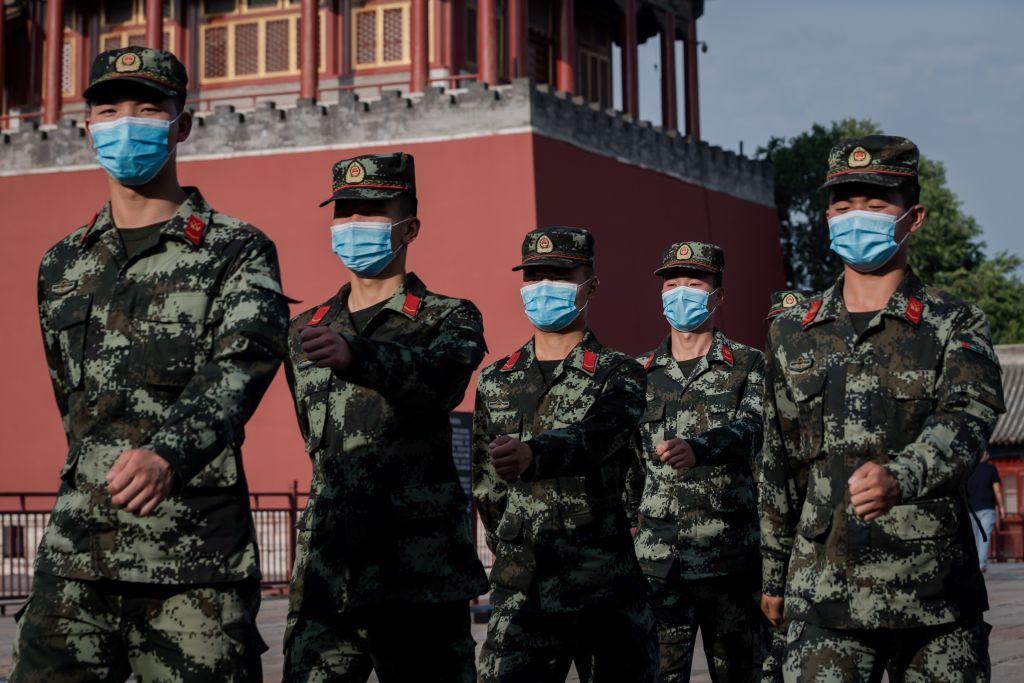The Chinese Communist Party’s (CCP) record of gross human rights violations against its own citizens needs to be continually exposed, particularly its practice of forced organ harvesting from prisoners of conscience, says Levi Browde, executive director of the Falun Dafa Information Center.
In an in-depth interview with Michael Harrison, publisher of Talkers magazine, Browde describes the imprisonment, torture, and organ harvesting that practitioners of the spiritual discipline face inside China. He said there needs to be more awareness of these atrocities.
Large numbers of practitioners are held in detention centers and prescreened for tissue type. When someone pays for an organ, the detainee is killed, said Browde.
“They extract the organ, they do the transplant,” he said, adding that the illegal, state-run organ industry involves billions of dollars.
As the CCP virus (commonly known as the novel coronavirus) ravaged China in the first half of the year, it was business as usual for China’s organ transplant industry, with no “obvious organ waiting time delays,” according to an investigation by U.S.-based nonprofit World Organization to Investigate the Persecution of Falun Gong. One nurse in the Guangxi region told the investigators that, despite fears of infection amid the pandemic, they will “do the surgery whenever there is one.”
Browde said the CCP’s persecution campaign against the practice was launched due to fears held by some Party leaders about the fact that there were more Falun Gong practitioners than there were Party members. In 1999, the year the persecution began in China, there were 100 million adherents of the practice—40 million more than CCP members at the time, said Browde.
“What unfolded over the next two decades was basically a systematic persecution characterized by widespread detention, imprisonment, torture, and many dying,” he said. “Conservative estimates say that ... several million people have been detained at some point during this campaign, let alone thrown into a labor camp or any kind of facility like that.”
News of this forced organ harvesting practice inside China is not known widely by Chinese citizens, due to the effectiveness of state-run media inside China, said Browde. The CCP also controls what information its citizens can access through its internet blockade, dubbed the Great Firewall.





